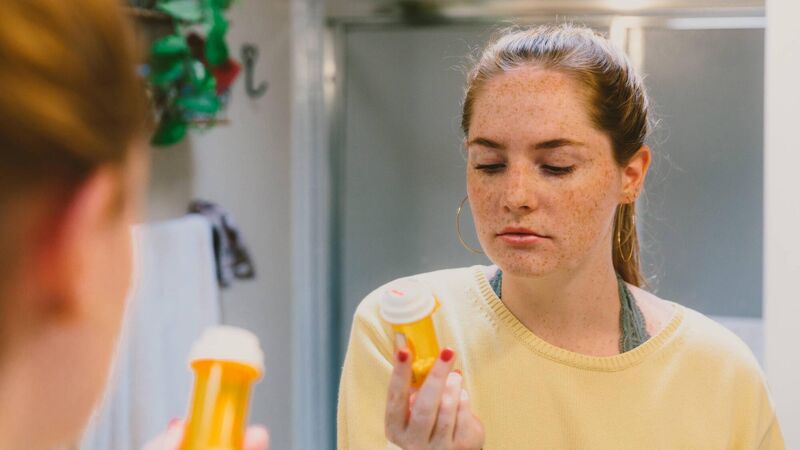Richard Hogan: Is it right, prescribing heavy medication to teenagers?

Richard Hogan: We generally tend to treat depression at the individual level, with medication such as anti-depressants.
Primum non nocere - first, do no harm. This is the fundamental ethical principle in the Hippocratic Oath taken by doctors before they practice medicine. Over the years, I have really struggled, ethically, with how quick the teenagers I met in my clinic were prescribed heavy medication before they came to see me.
It seemed to me, the majority of teenagers I was meeting were presenting with a rupture in their ecology, family or peer group. A selective serotonin reuptake inhibitor, as far as I could see, wasn’t going to ameliorate an issue in their family, it might numb it but whatever issue they were dealing with would be there waiting for them as soon as the medication wore off. I have often found myself questioning, does the rapid rollout of medication for normative ups and downs of life, do no harm?






